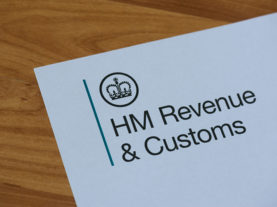The BVRLA Position Papers outline the association’s views, objectives and engagement activity relating to key policy areas affecting the industry.
Calling for:
A consistent national air quality strategy and policy framework that is supported by local authorities and enables BVRLA members to:
1. Support businesses and individuals in upgrading to Clean Air Zone compliant vehicles
- Engage with local decision makers to ensure that clean air policies are pragmatic, workable and properly supported.
- Promote the role that leasing, rental and car club members can play in providing access to affordable compliant vehicles.
2. Stay informed on local air quality initiatives and reduce the administrative burden of compliance
- Engage with national government to ensure that it introduced an effective central CAZ platform that is developed with member input and meets members’ needs.
- Work with national and local policymakers to keep members updated with the latest information.
Air Quality key messages
o Businesses and individuals need to prepare ahead of the introduction of Clean Air Zones from 2021.
o The absence of autopay has caused a significant burden for several fleet operators.
o Vehicle rental, leasing and car clubs offer an affordable option for those seeking to upgrade to the newest, greenest and cleanest vehicles.
o Commercial vehicle operators will be hardest hit by the need to upgrade fleets due to the costs and lifespans of their vehicles.
o Where a Clean Air Zone is required local decision makers must make sure air quality policies are pragmatic, workable and that businesses and individuals are properly supported.
o Zero Emission Zone ambitions must not outpace the availability of zero emission vehicles.
Air Quality key asks
o Those affected by the Clean Air Zones need to be financially supported through funds that incorporate leasing and rental options.
o Local authorities must take a consistent approach to how they support businesses prepare for Clean Air Zones.
o Government needs to hold regular meetings with local authorities and fleets to assess where further guidance and investment is needed.

